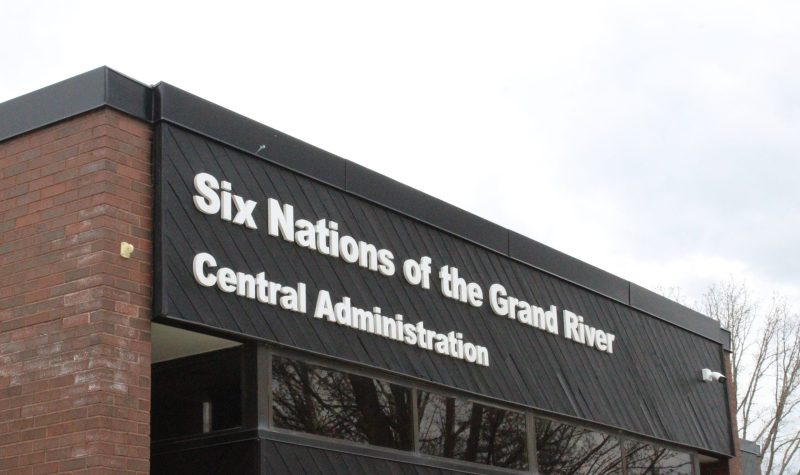Ontario Justice Jasmine Akbarali has made a decision on the proposed interventions in Six Nations’ ongoing court case with both the federal and provincial government on land claims involving the Haldimand Tract.
On the Six Nations Elected Council's (SNEC) litigation website it outlines SNEC has been involved in the court case since 1995 and are arguing that both the governments of Canada and Ontario failed to set aside lands that were promised under the Haldimand Proclamation. In the proclamation, 950,000 acres of land was to be set aside for the people of Six Nations and their descendants to enjoy forever. Six Nations says both governments improperly sold most of them to settlers and mismanaged the proceeds of sales from them.
According to SNEC's litigation website, three groups have come forward with different positions to intervene in the court case arguing that the case could affect their rights: the Haudenosaunee Development Insititute (HDI) by appointment of the Haudenosaunee Confederacy Chiefs Council (HCCC); the Men’s Fire of the Six Nations Grand River Territory (Men’s Fire); and the Mississaugas of the Credit First Nation (MCFN).
The litigation detailed each groups purpose for intervention:
- HDI: "HDI argue that the Haldimand Proclamation applies to all Haudenosaunee People and not exclusively to Six Nations Band members."
- Men's Fire: "Men's Fire believes that the HDI do not properly represent, and is not authorized to represent, all Haudenosaunee people. Men's Fire wished to intervene in HDI's intervention if they were successful."
- MCFN: "MCFN supports the Six Nations of the Grand River in their court case relating to the Haldimand Proclamation lands. MCFN wishes to ensure its history, rights, and relationship with that territory are accurately presented. MCFN does not seek compensation and does not intend to reduce compensation that Canada and Ontario may owe."
On Wednesday, the Ontario Superior Court of Justice made the decision on all three motions to intervene.
MCFN were granted their motion to intervene on the case. The decision allows for MCFN be paid severally by Canada and Ontario costs in the amount of $11,000 each within 30 days and for SGNR severally pay MCFN its costs of $13,000 within 30 days.
HDI and Men's Fire Haudenosaunee were both denied their motions to intervene in the case. The Men's Fire of Six Nations was granted permission to intervene if the HDI's motion was granted, but they were denied therefore both proposed interventions were denied.
Six Nations Elected Council’s lawyer Robert Janes of JFK law commented by email to CJKS on the court's decisions of the proposed interventions.
"The Nation is very pleased with the outcome of the HDI motion. The court protected the right of the Six Nations of the Grand River, as led by the Elected Council, to bring this case and advance it to trial. We are all grateful that the court recognized the true intention of the HDI and the disruption that it would have caused if allowed to participate in the case," he said. "Our focus now is going to be on working to get this matter to trial as quickly as possible to achieve a just resolution of Six Nations’ longstanding claim."
To find any information on the Six Nations of the Grand River's ongoing litigation with the governments of Ontario and Canada, visit here.
For the full CJKS story listen below:


